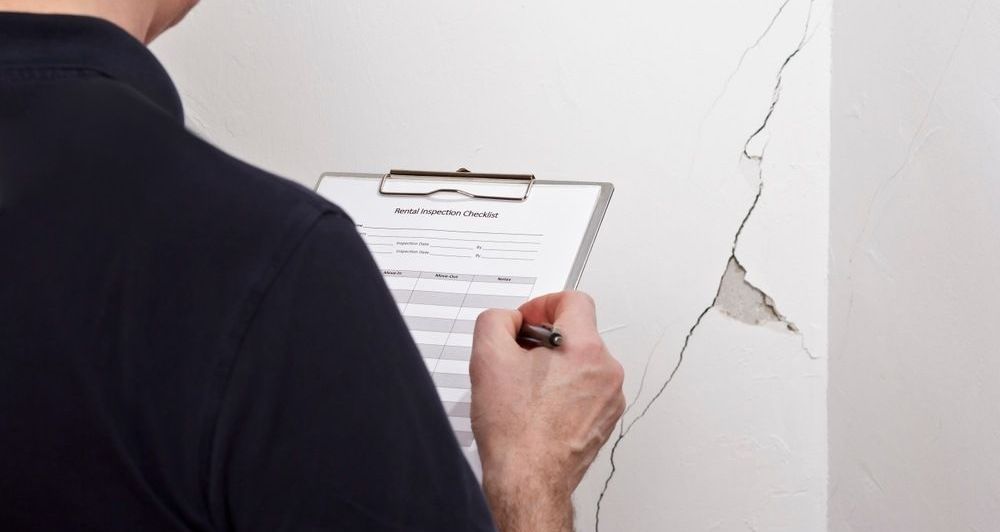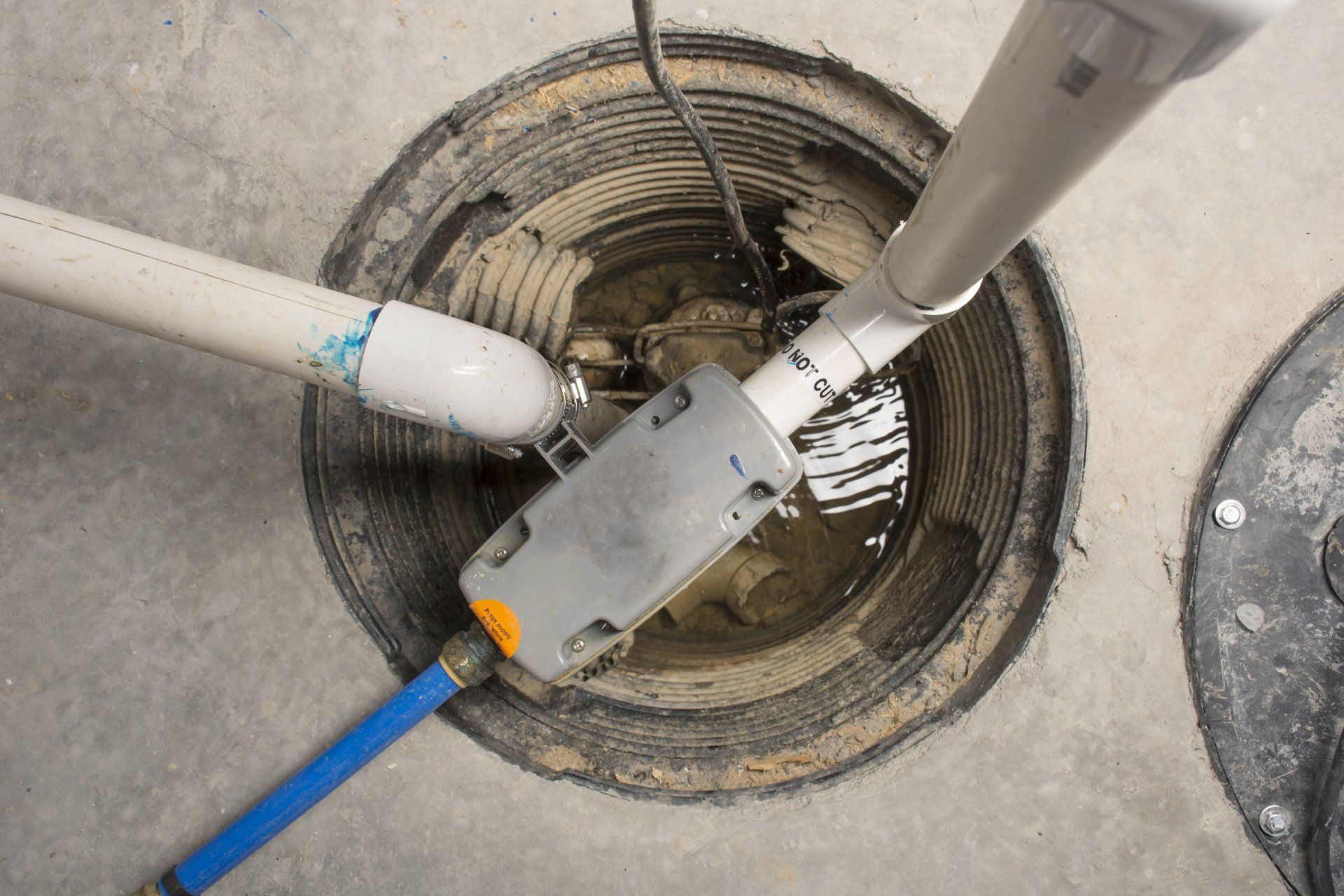Kansas City Homeowners: Discover Tips to Stay Ahead of Foundation Problems
Foundation repairs don't have to be stressful.

Foundation problems can be stressful for any homeowner, especially when repair costs can become very costly and unexpected. However, not all foundation repairs have to be expensive. If detected at the first signs, the repairs may be less extensive than when you "wait and see."
In Kansas City, fluctuating weather and shifting soil are one of the most prevalent causes of foundation issues. But again the good news is that addressing problems early can save both time and money.
Here are 11 practical tips to help you avoid foundation problems and protect your home.
11 Effective Ways to Stay Ahead of Foundation Problems
1. Inspect Foundation Cracks Early
Foundation cracks are common in areas like Kansas, where the weather can change dramatically. Cracks larger than 1/8 inch should be checked and repaired immediately to prevent them from worsening. While more minor cracks may seem harmless, they can quickly grow, allowing water to seep in and causing further damage.
To avoid major repairs, regularly inspect your foundation for cracks. If you spot any, contact a professional for an assessment. Acting early can save you from bigger issues down the road.
2. Redirect Water Away from the Foundation
Water is one of the biggest threats to a home’s foundation. When water pools around your foundation due to poor drainage, it can erode the soil and cause the foundation to settle unevenly. Over time, this can lead to cracks and structural damage.
Ensure your gutters and downspouts direct water five feet away from your home. Consider installing a French drain to help divert water from your foundation if needed. Keeping water away from your home can prevent many future issues.
3. Maintain Consistent Soil Moisture Levels
Kansas City experiences dry summers and wet springs, which can cause the soil around your foundation to expand and contract. This constant movement stresses your foundation, leading to cracks or settling. During dry spells, the soil shrinks, pulling away from the foundation. When it rains, the soil swells, pushes against your foundation and creates cracks.
To prevent this, lightly water the soil around your home during dry periods to keep it from shrinking too much. However, avoid overwatering, as too much moisture can cause the soil to expand and put pressure back on the foundation.
4. Look Out for Tree Roots Near the Foundation
Tree roots can be a hidden danger to your foundation. Large trees planted too close to your home can cause serious foundation issues as their roots grow and push against the soil, causing it to shift. Over time, this can lead to cracks and even uneven foundation settling.
To avoid this, ensure trees and large shrubs are planted far away from the foundation. If trees are already too close, installing a root barrier can help protect your foundation by preventing roots from encroaching.
5. Conduct Regular Plumbing Inspections
Plumbing leaks, whether from burst pipes or faulty sewage lines, can threaten your foundation. When water from leaks seeps into the soil under your home, it can erode the foundation’s support, causing it to settle or shift over time. The tricky part is that many leaks go unnoticed until they have caused significant damage.
That’s why regular plumbing inspections are essential. Catching leaks early can prevent major foundation problems and save you a lot of money in repairs down the road. Fixing leaks promptly also helps protect your foundation from unnecessary damage.
6. Watch for Signs Inside Your Home
One of the most common signs of foundation movement is doors and windows that start sticking or become difficult to open or close. This happens because foundation movement causes the frames to become misaligned.
Another sign to watch for is uneven floors. If parts of your home feel sloped or sagging, it could be due to foundation settlement. Cracks in the drywall, particularly around doors and windows, indicate that your foundation may be shifting.
7. Notice Gaps Between Walls and Ceilings
Gaps between your walls and ceilings indicate your foundation is settling unevenly. As the foundation shifts, it pulls the walls away from the ceiling and creates noticeable gaps.
These gaps might seem small, but they can indicate a bigger issue underneath. If you spot them, it’s important to consult with a foundation expert to prevent further damage before it worsens.
8. Pay Attention to Water Leaks in the Basement
Water leaks in the basement often point to foundation problems. Water can find its way inside as the foundation shifts or cracks, especially after heavy rain. This weakens the structure and can lead to costly water damage.
You must address the issue immediately if you notice damp areas or puddles in your basement. Waterproofing your basement and repairing any cracks can prevent further damage and protect your home from future problems.
9. Monitor Exterior Cracks on Brick or Concrete
Exterior cracks in brick or concrete walls indicate something is wrong with your foundation. These cracks typically appear when the foundation settles unevenly or shifts due to soil movement.
Monitor these cracks closely. If they start to widen, have them inspected.
10. Check for Tilting Chimneys or Leaning Structures
A tilting chimney or other leaning structures, like porches or garages, are serious warning signs of foundation issues. These structures are often built on smaller foundations that can settle more quickly than the main house.
If you notice any tilting or leaning, it’s a sign that your foundation needs immediate attention. Call a professional before the problem gets worse and leads to more costly repairs.
11. Schedule Professional Foundation Inspections
Keeping an eye on your foundation is important, but there’s no substitute for a professional inspection. Experts can spot early signs of damage that are easy to miss.
Scheduling an annual foundation inspection can help you catch issues early and save you from costly repairs down the road. If you notice any signs mentioned above, it’s best to consult with a foundation expert to ensure your home stays safe and sound.
With years of experience dealing with foundation repairs in Kansas City, we can confidently say that the tips mentioned above are key to keeping your home safe from foundation issues. While these steps may seem simple, they are often more challenging than they appear for the average homeowner.
That’s why we recommend seeking professional assistance. A small investment now can save you from much bigger problems in the future and protect your home, your most valuable asset. If you have any questions or need assistance, don’t hesitate to contact PierMagic. Call us today at
816-765-4800 or visit PierMagic to learn more.
Contact Us
We will get back to you as soon as possible.
Please try again later.
Address
PierMagic Foundation Specialists
932 Locust Hill Circle
Belton, MO 64012
Serving: Grandview, Lee's Summit, Blue Springs, Leawood, Overland Park, Olathe, Raymore, Belton, Independence, Oak Grove, Liberty, Parkville, Butler, Columbia, Harrisonville, Peculiar, Pleasant Hill, and the greater Kansas City area
All Rights Reserved | PierMagic Foundation Specialists




